The Jews in Europe: The Mask of Freemasonry, Part 1
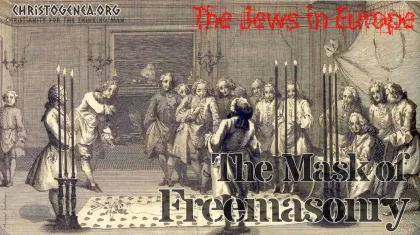
The Jews in Europe: The Mask of Freemasonry, Part 1
Some of the denizens of the Christogenea chat server have already scolded me for procrastinating, and forestalling a continued presentation of the Protocols of Satan. However I found it necessary to do so, because in the first 7 segments of the series we went to great lengths to demonstrate that The Protocols of the Learned Elders of Zion were indeed what they are believed to be by many of the so-called “conspiracy theorists”: a boastful outline of the plans of Jewry for the final subjugation and control over the nations of Christendom. Doing this, we showed, largely from the work of Nesta Webster, that many of the statements in the Protocols had been expressed throughout the literature of both members and founders of the various secret societies of 18th and 19th century Europe, as well as that of the early leaders of the Marxist Communists.
Doing all of this, we presented the thesis that the Jews were indeed behind the Protocols of Zion, as it is claimed, and that the secret societies were the primary vehicle through which the Jews had been able to execute the plan for world conquest which the Protocols represent. However before proceeding with a presentation of the Protocols themselves, we determined that it was necessary to provide some of the glue necessary in order to secure that thesis. So we presented the chapter on the Spanish Inquisition from E. Michael Jones’ book The Jewish Revolutionary Spirit and its Impact on World History, and we did that, in part, in order to show that the mentality of the Jews of Europe in the 15th century was exactly similar to the mentality of the Jews as it is exhibited in the Protocols of Zion. Then we presented anew the Reuchlin Affair from E. Michael Jones’ perspective, with sufficient of our own comments, first in order to better elucidate the Jewish influence behind the humanist factions of the Reformation, and then to show that the naive German fascination with the Kabbalah of the sort exhibited by Reuchlin was the opportunity which the Jews took advantage of to lure men into their secret societies.

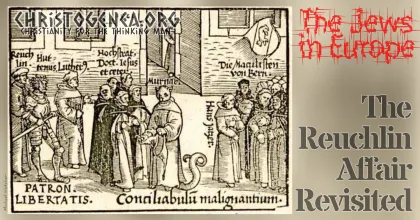

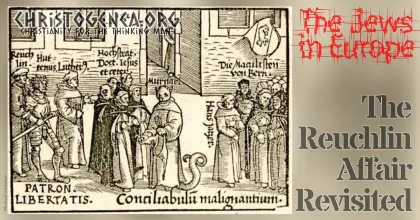
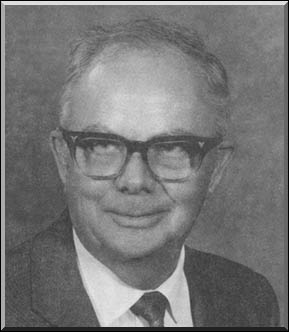 A Critical Review of Let’s Examine the Evidence, by Bertrand Comparet
A Critical Review of Let’s Examine the Evidence, by Bertrand Comparet
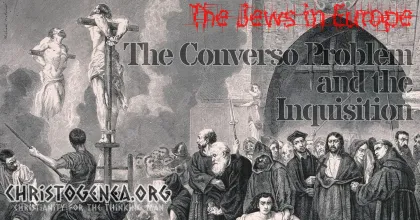




 Please click here for our mailing list sign-up page.
Please click here for our mailing list sign-up page.








Recent comments